The population of the Gaza Strip is 2.2 million, making it one of the world’s most densely populated regions, with 49.2% of the population being women. During the current conflict, women face particular psychological and physical health risks due to the absence of sanitary products and lack of medical supplies needed to assist those who are pregnant.
Among the dead and displaced, Palestinian women in Gaza are improvising sanitary solutions using tent scraps, clothing pieces, and towels due to absence of sanitary products. Unfortunately, these makeshift alternatives are being washed in unhygienic water due to the scarcity of clean water. This significantly raises the risks of infections, putting more lives at risk.
Women are also resorting to taking pills, specifically norethisterone tablets, to postpone menstruation due to these difficult circumstances. These pills are ordinarily prescribed for conditions such as severe menstrual bleeding, endometriosis and painful periods. According to medical professionals, these pills have side effects of irregular vaginal bleeding, nausea, dizziness and mood swings. However, many women say they have no choice but to take them.
Aisha Qureshi, a Palestinian student studying in Xaverian College, talked about her personal opinions not only as a Palestinian but also as a feminist. She finds it disappointing that women in the world are ignoring or dismissing the issues that women in Gaza are facing. She said: “Women should stand with women at the very least because no one understands the struggle better than a woman herself. To see women completely disregarding other women just because of their ethnicity is absurd.”
On top of all the adversities, the healthcare system within Gaza is deteriorating. With 39% of hospitals only partially functioning, 374 healthcare workers in Gaza have been killed between 7 October 2023 and 1 January 2024. The shortage of medical supplies is also seriously increasing. Meaning there is no anesthesia for the women who need to go through Caesarian section procedures. Meaning there are less and less medical staff to help the 50,000 pregnant women in Gaza, with 40% of them being classed as high risk. Meaning there are no painkillers and no medications to help women through labour, when statistically 180 women in Gaza give birth daily. These realities are catastrophic. Despite experiencing a traumatic birth, these mothers are still required to breastfeed their malnourished children. However, their own compromised health affects their ability to breastfeed effectively, preventing their children from receiving essential nutritional needs.
On top of all these unfathomable circumstances, these women are stuck in a constant state of anxiety and fear because of the inescapable conflict. This situation detrimentally impacts their mental well-being by heightening stress levels. Inadequate access to water and food further endangers pregnant women, leading to higher risks of miscarriage, stillbirths, prematurity, congenital abnormalities, and other irreversible adverse outcomes. In Gaza, over half of the women who are pregnant are anemic, which increases the risk of preterm birth and low birthweight.
Reham, a Palestinian woman currently residing in Gaza, is one of the women out of thousands, who lost her five-month pregnancy when she went into shock at the news that her two brothers were killed in an airstrike, which had attacked her parents’ house. Reham explains how her family sometimes goes days without water as her tent is far from aid, in an interview with ‘Sada’, saying: “Our house was completely destroyed, so we don’t know where we’ll go after the assault ends.” Basic human rights aren’t being met and there are no changes in the way people in Gaza are living. This needs to change urgently.
As International Women’s Day passes, it is vital to keep our focus on Palestine and to acknowledge the struggles and challenges that Palestinian women and girls are experiencing in the context of the military occupation placed by Israel. The women in Palestine bear many responsibilities while being under destruction, under bombardment and the killing of children. Their resilience and fortitude in coping with being subjected to enduring the pain of losing loved ones regularly is something that no one should face. The UN has called this a genocide. A genocide is the deliberate killing of a large number of people from a particular nation or ethnic group with the aim of destroying that nation or group. Feminism means being in solidarity with all movements that address global issues of oppression and inequality. So, let’s stand in unity with these women and girls and fight these life threatening issues together.

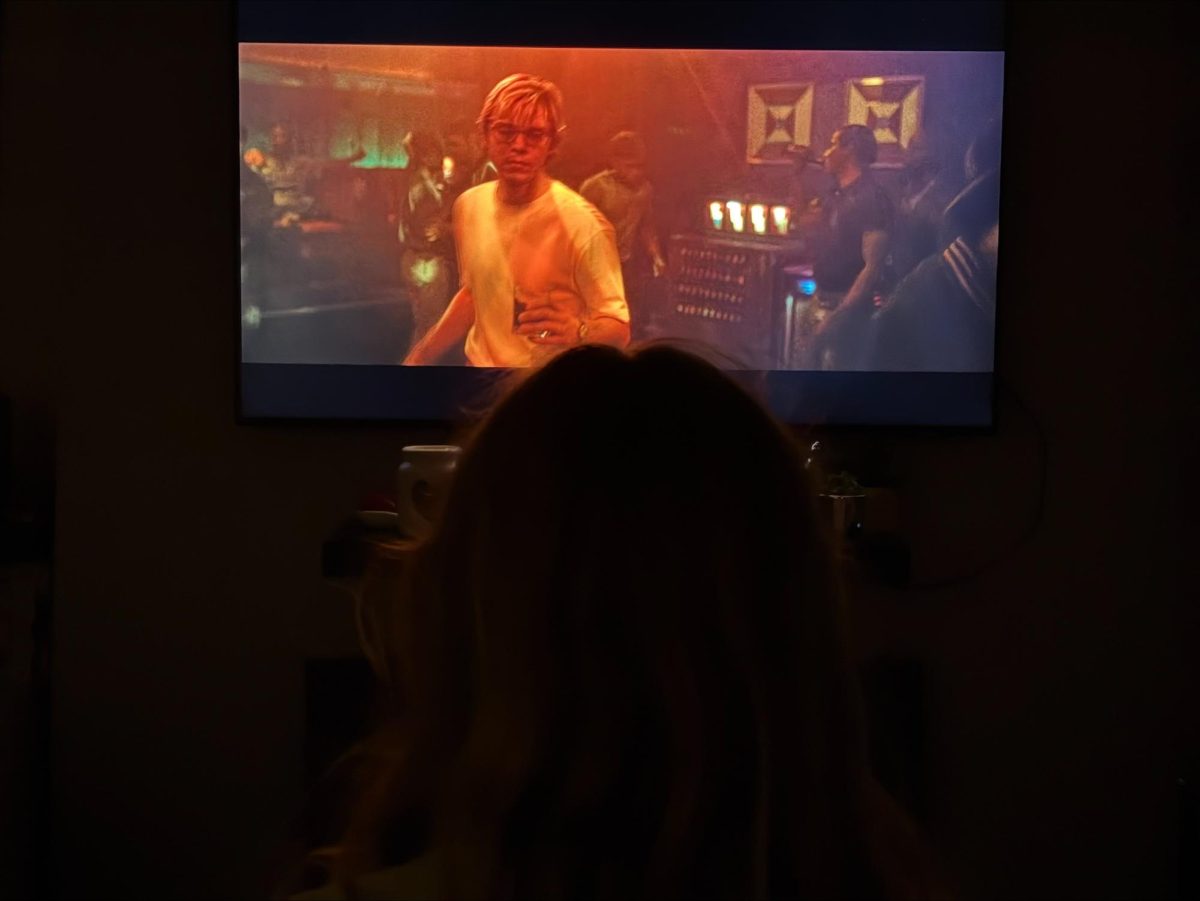
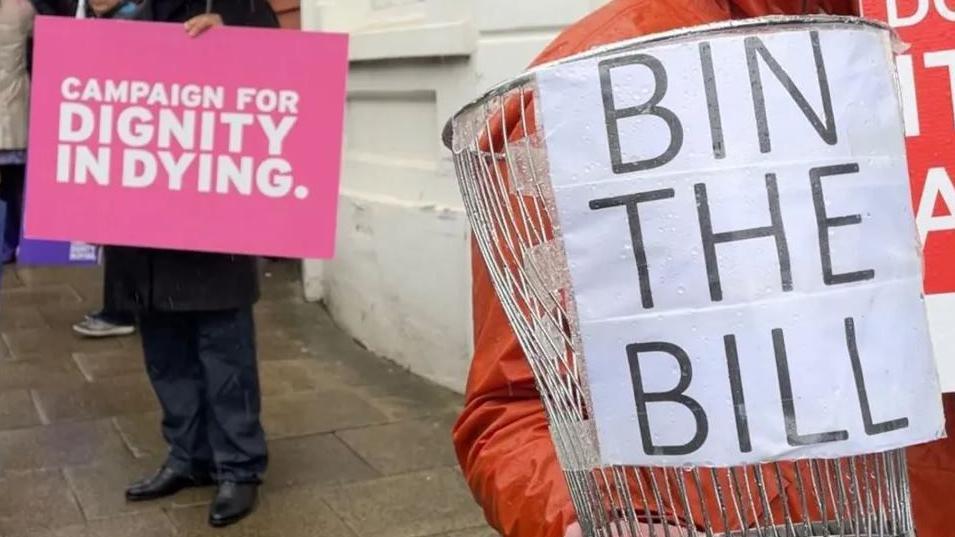
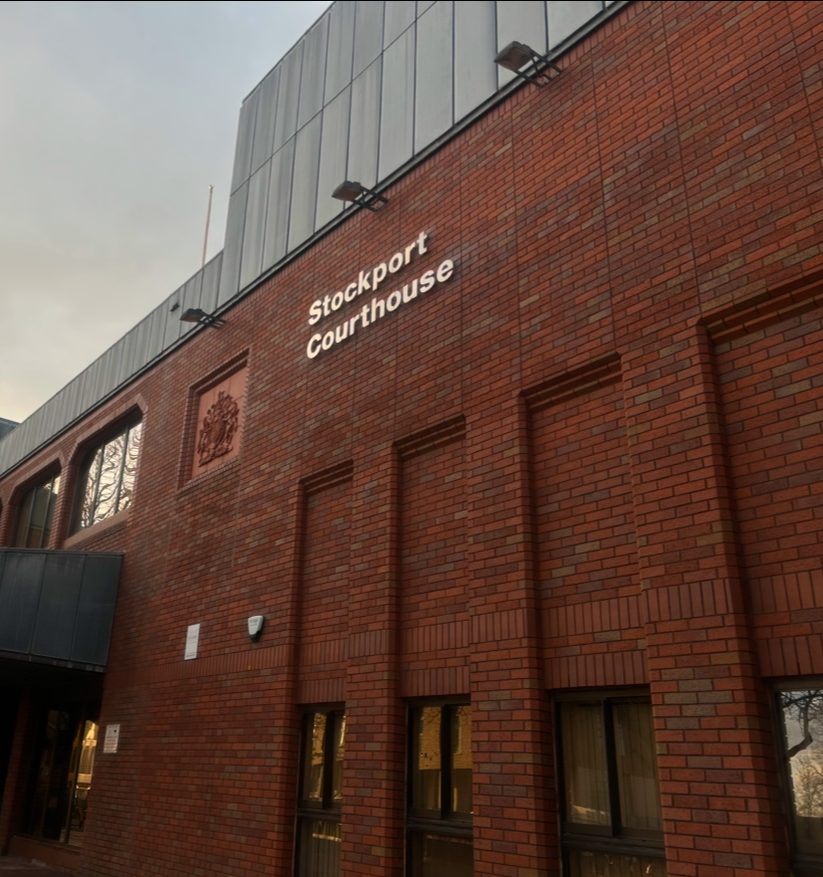
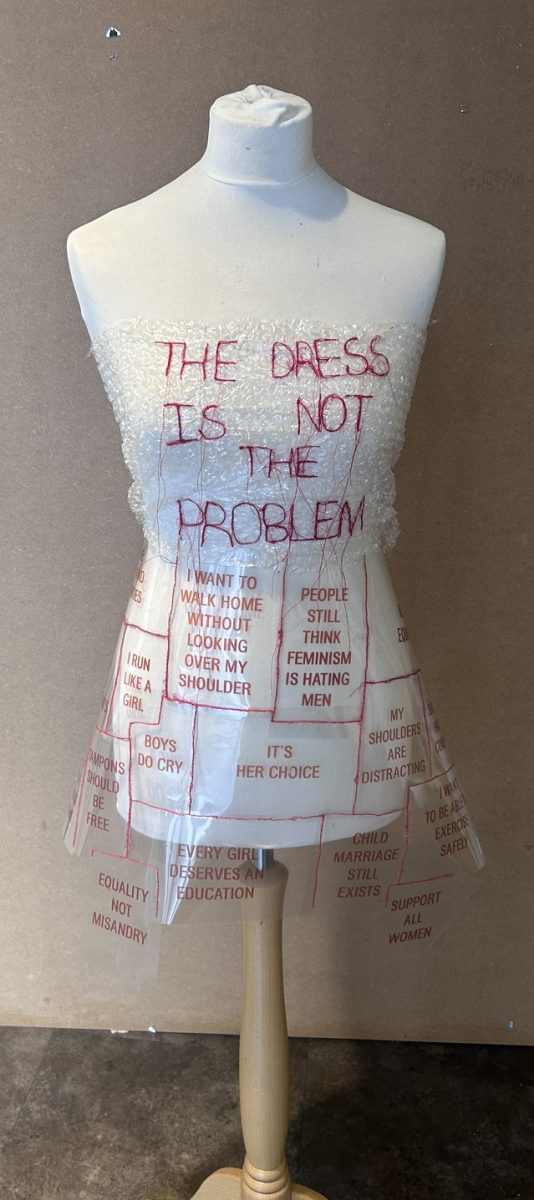
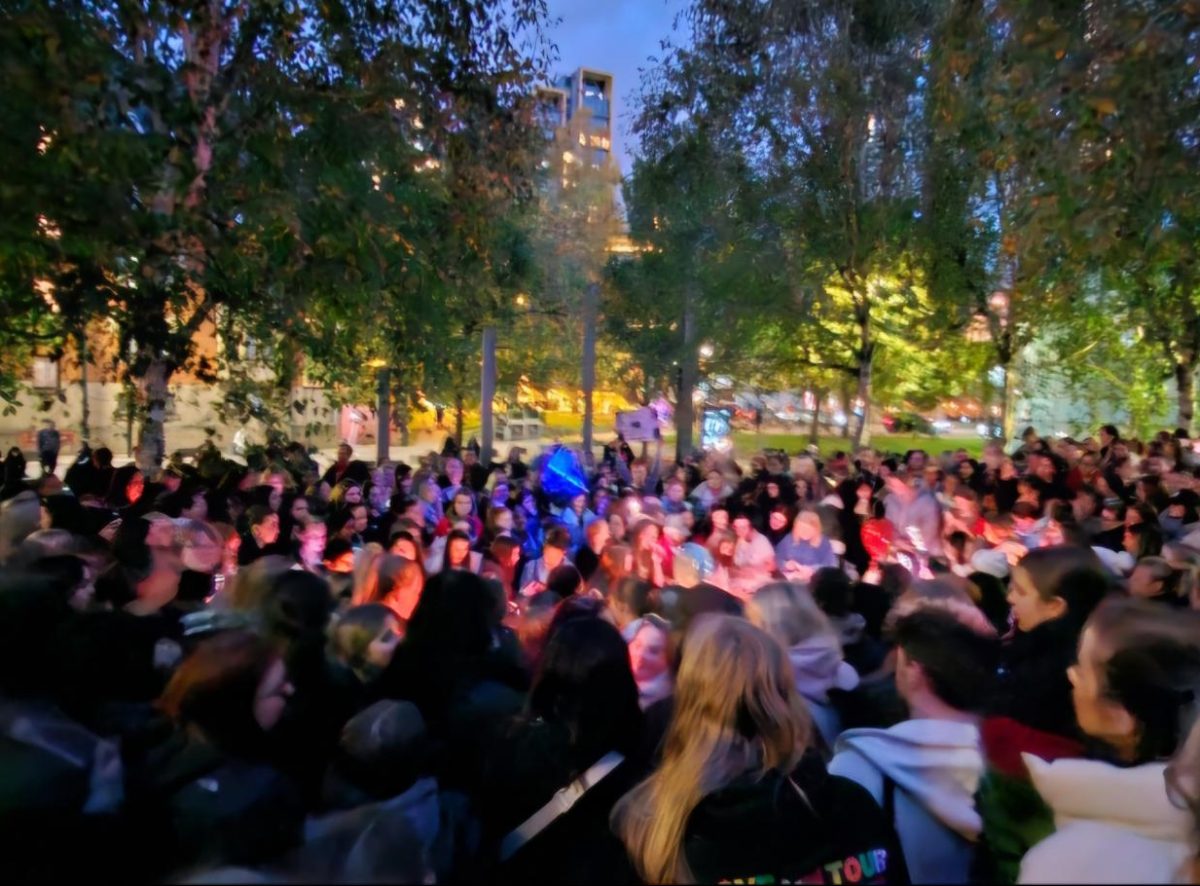
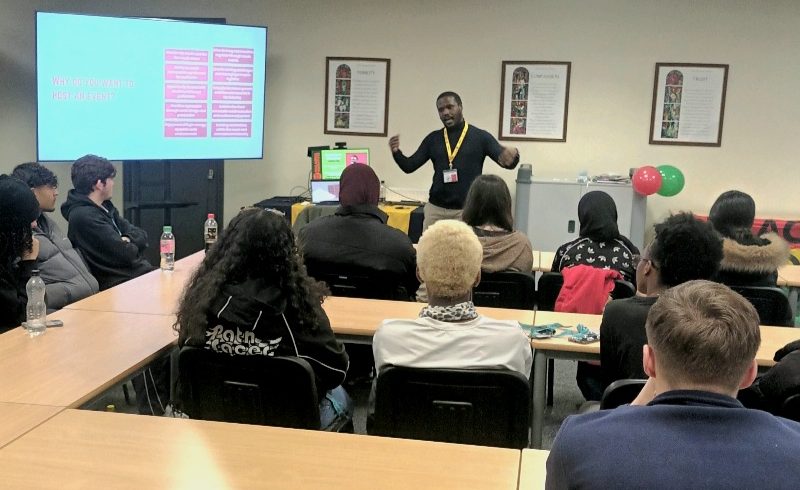
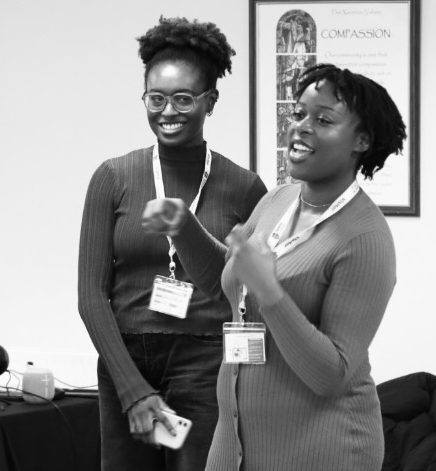
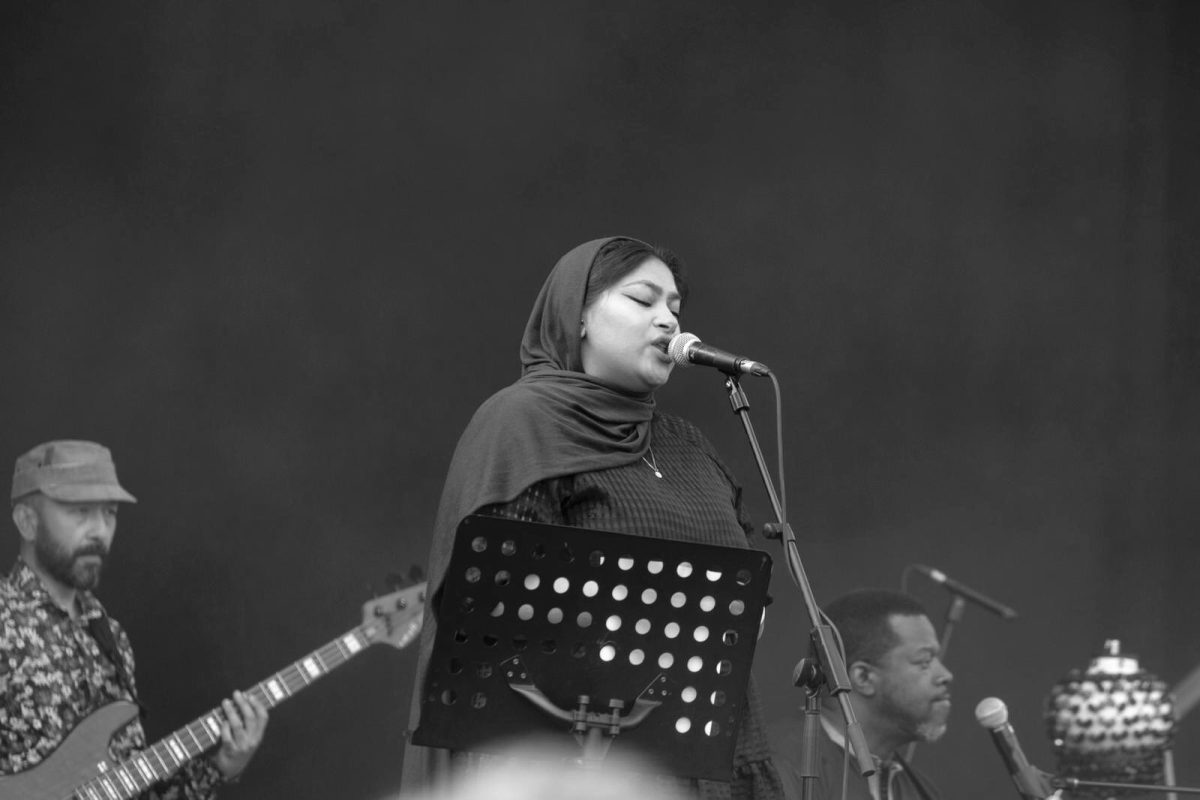
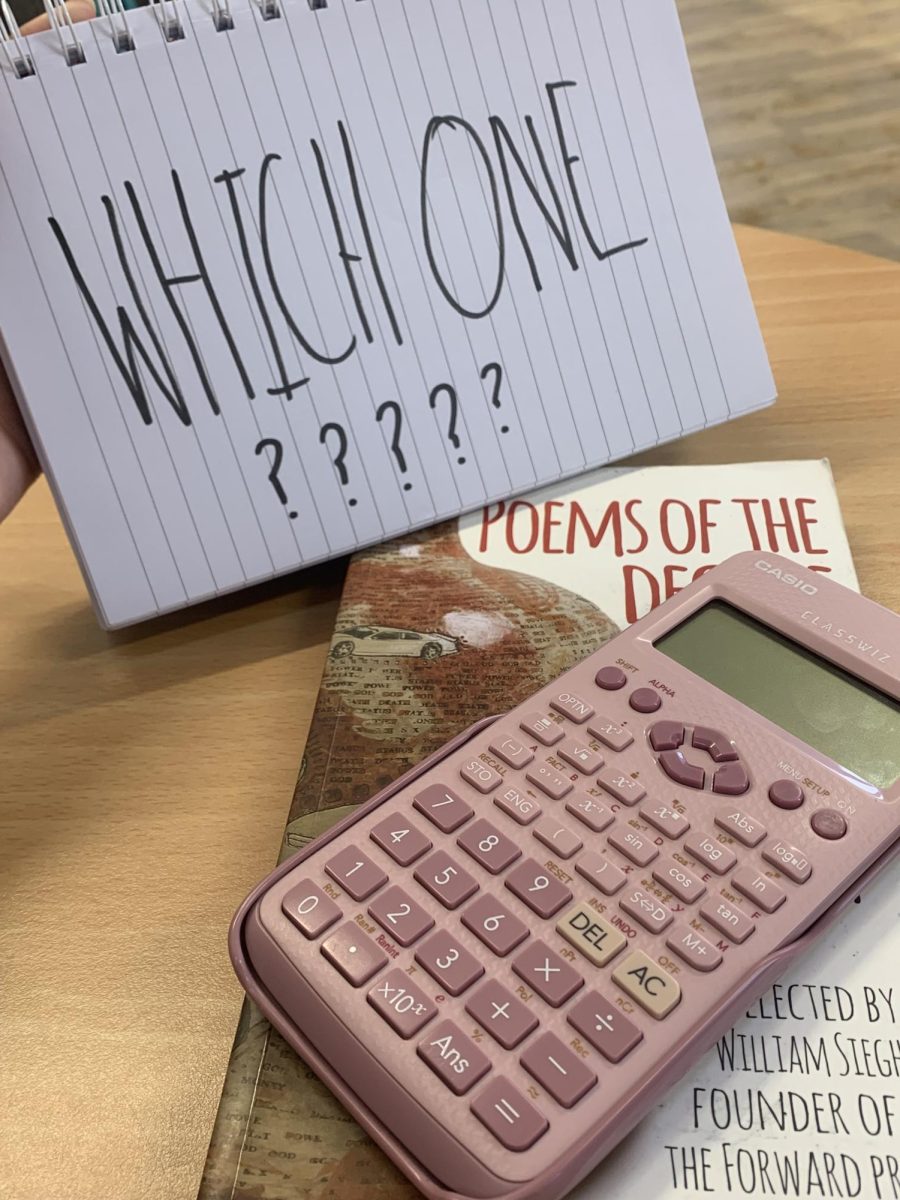

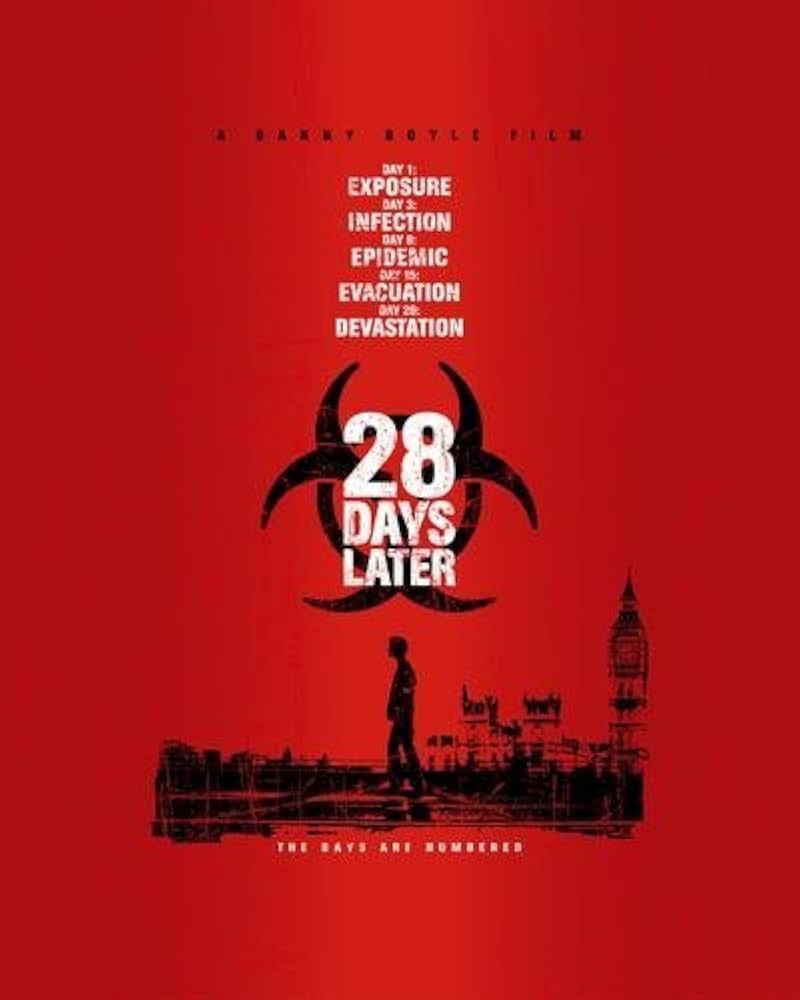
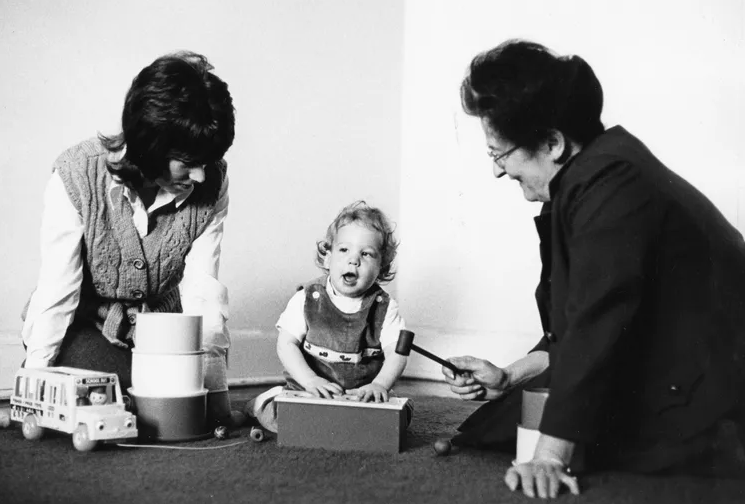







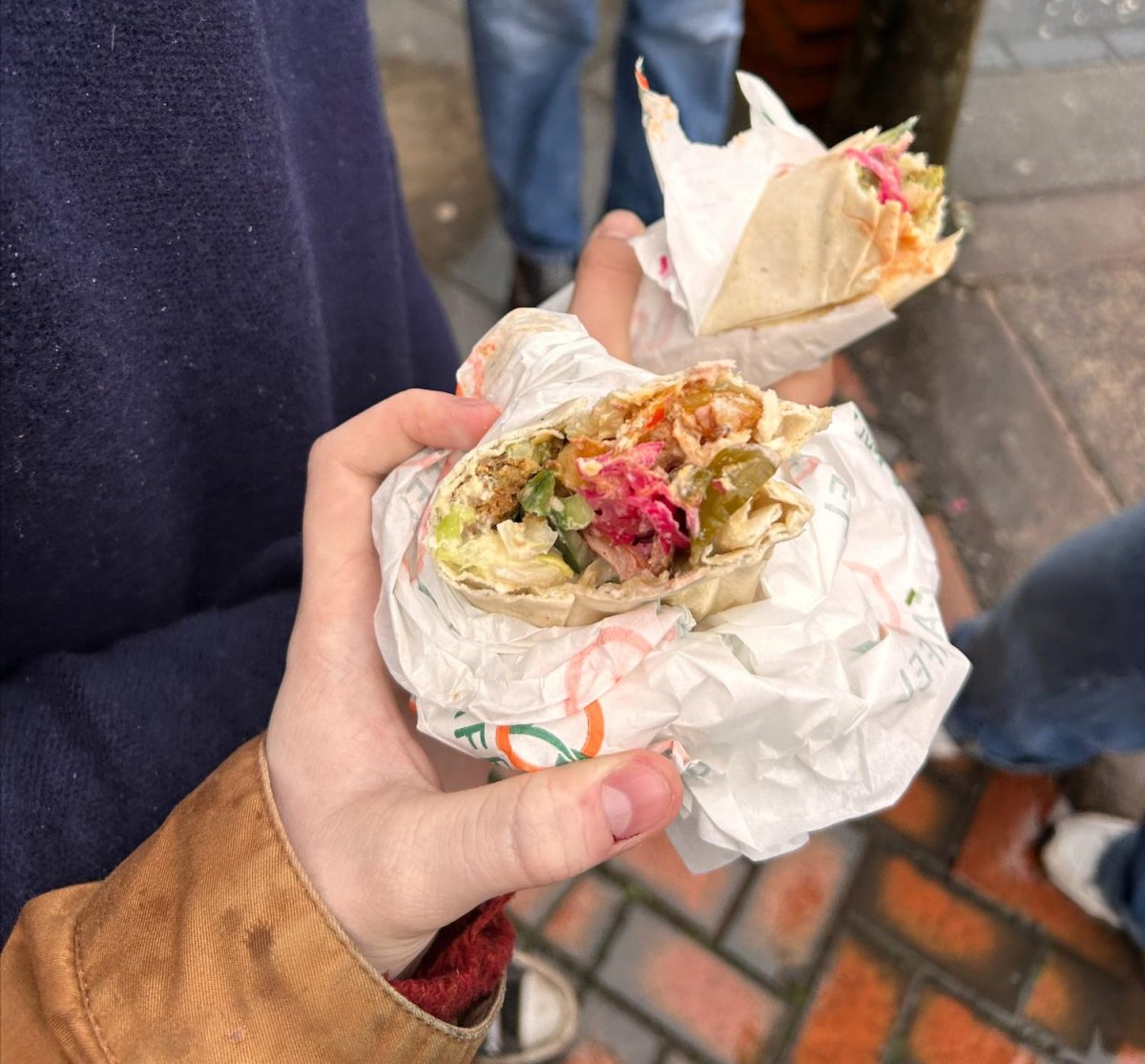
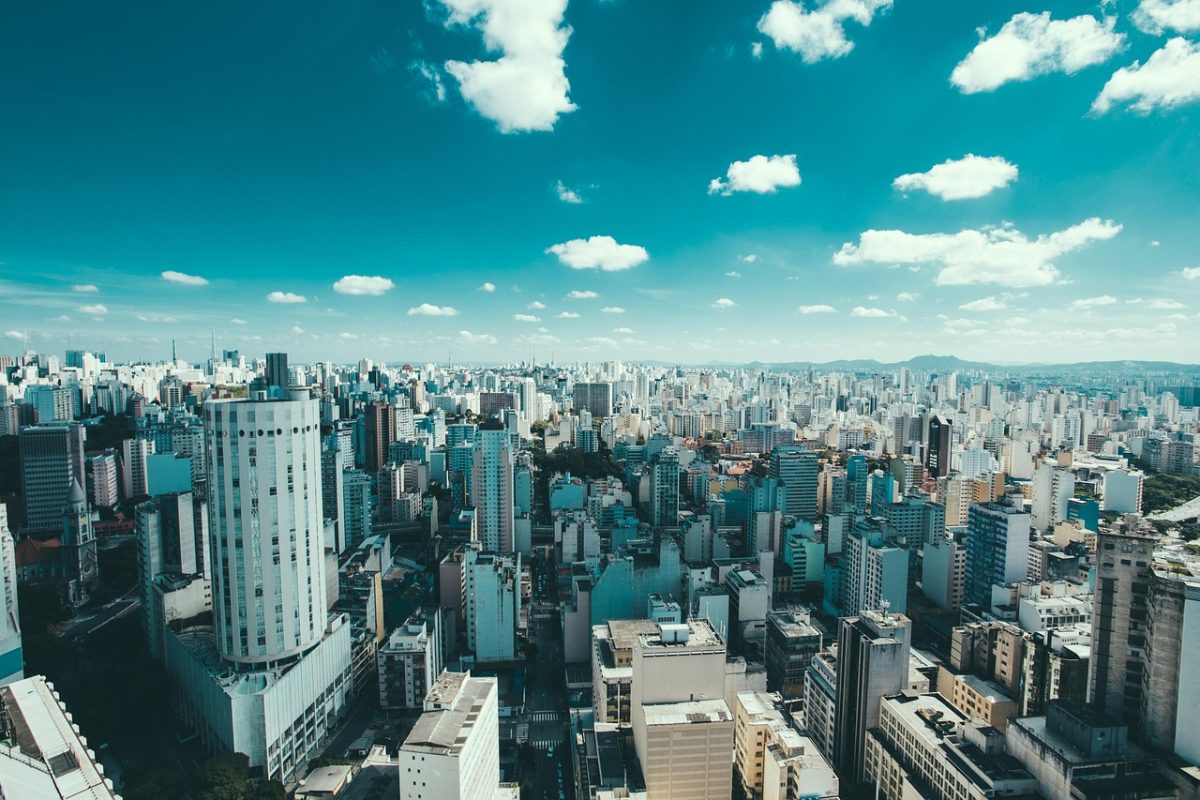
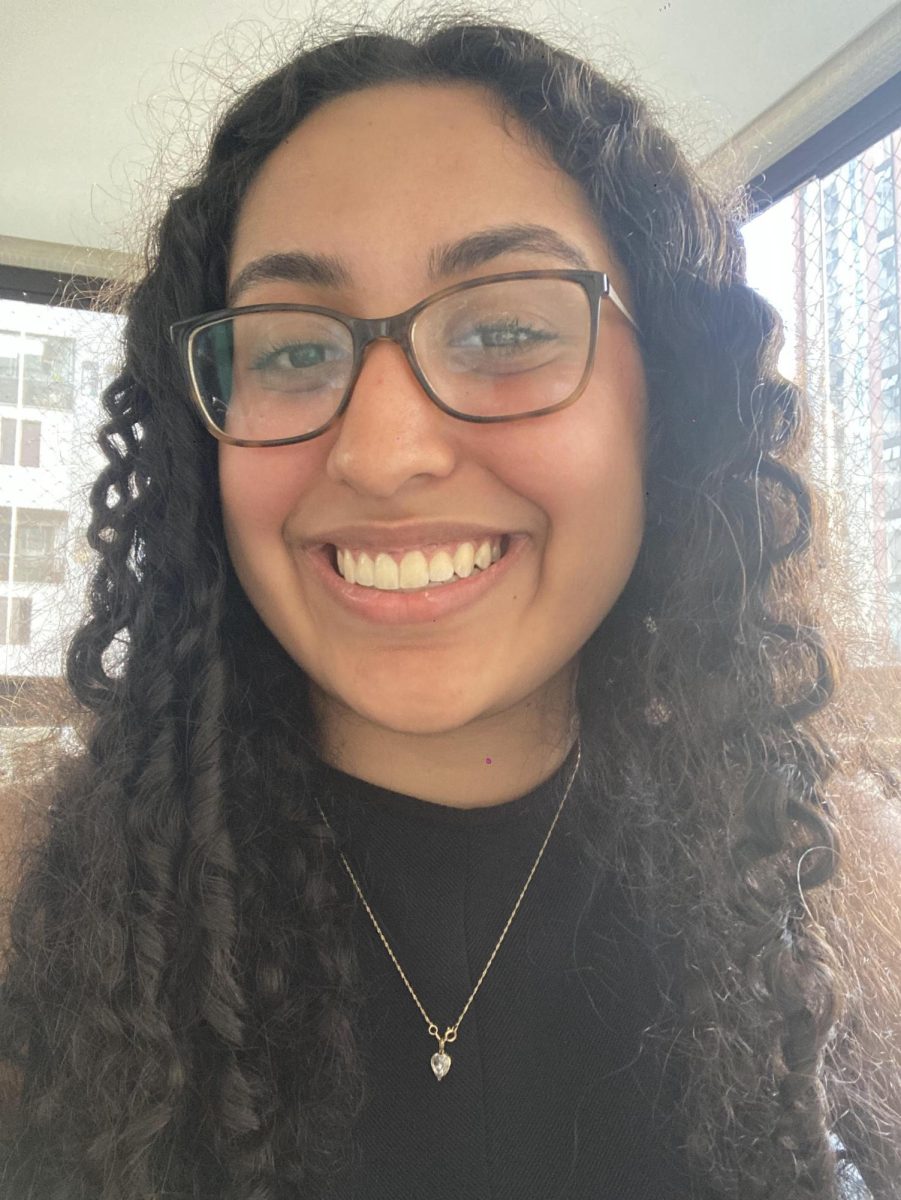

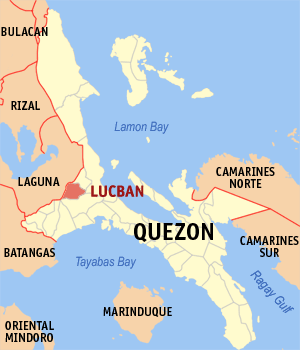

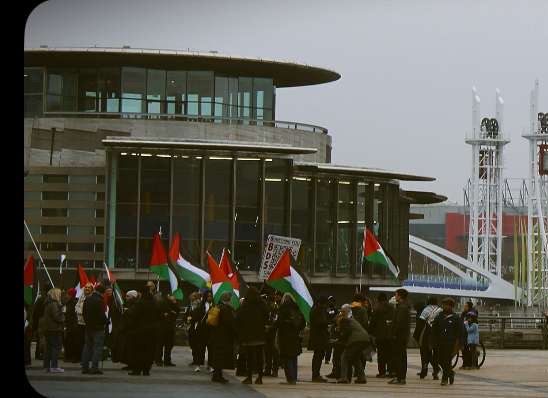

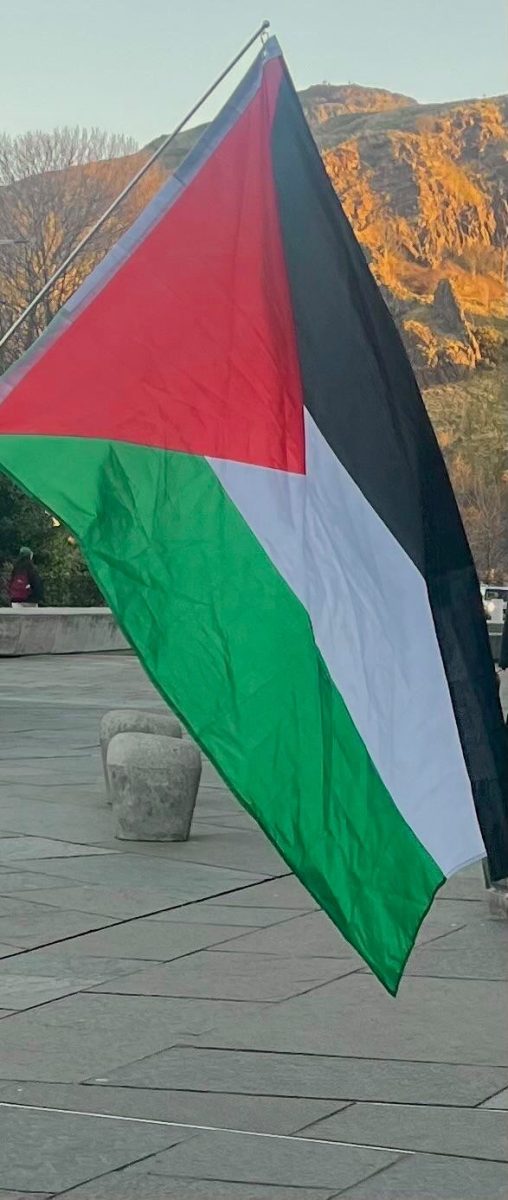

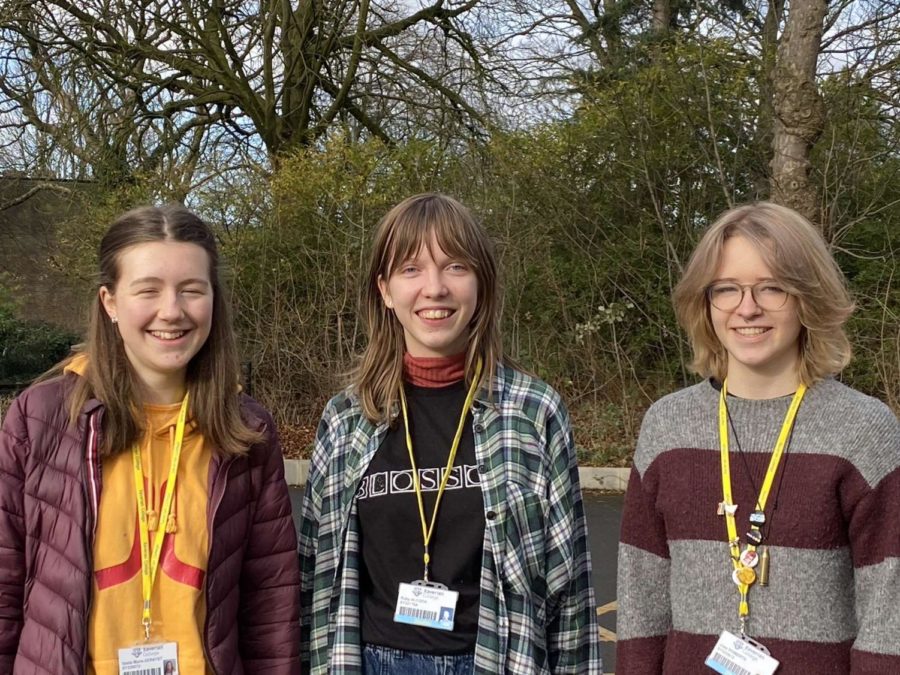
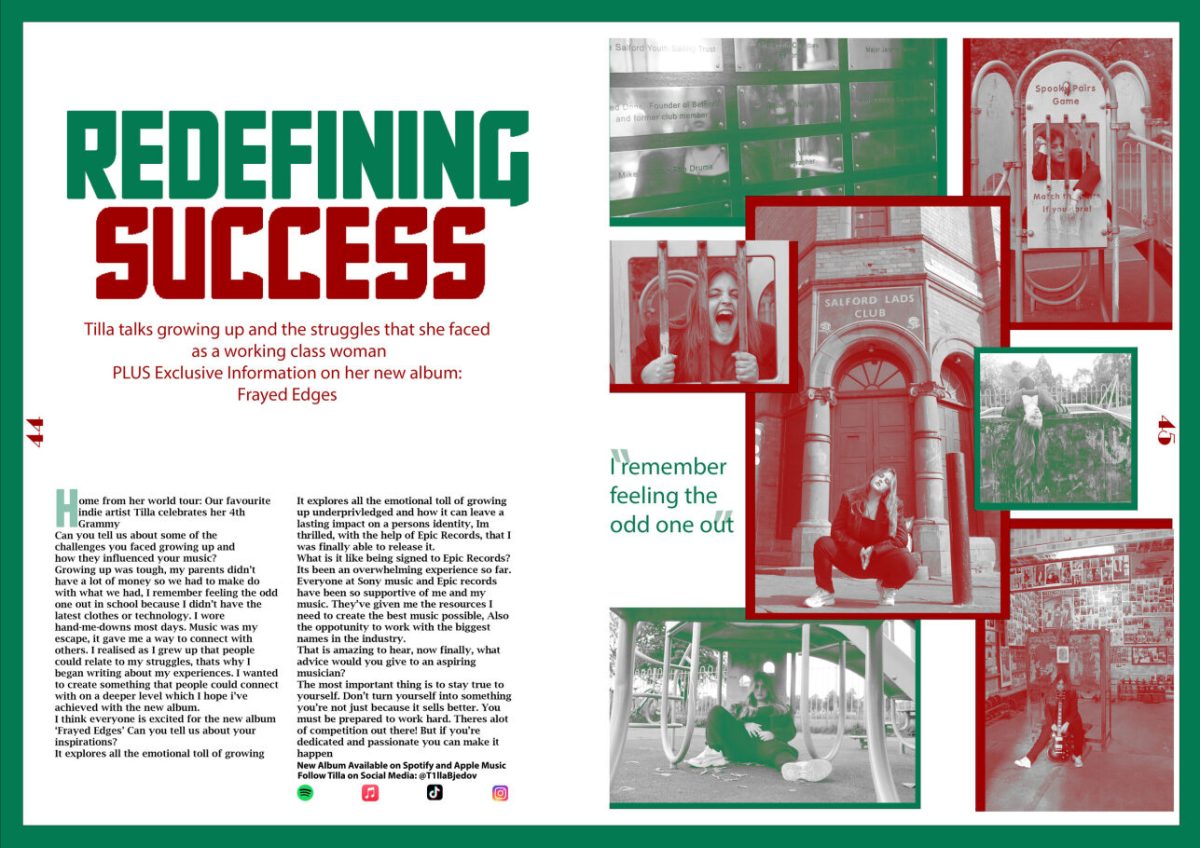





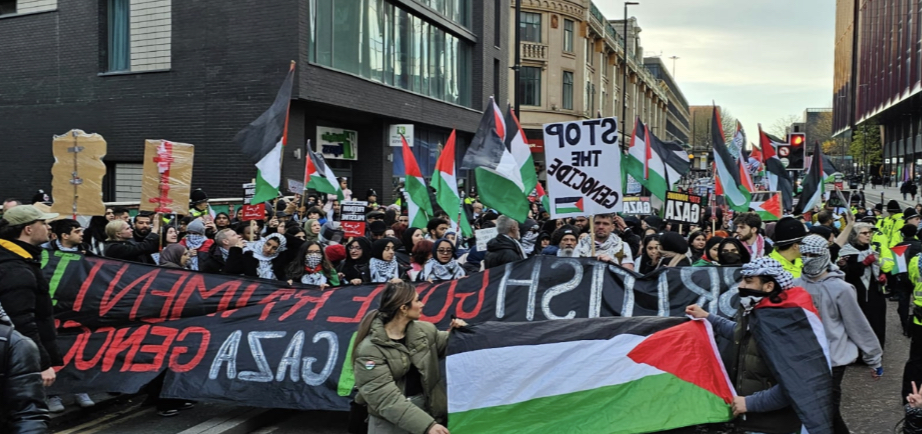
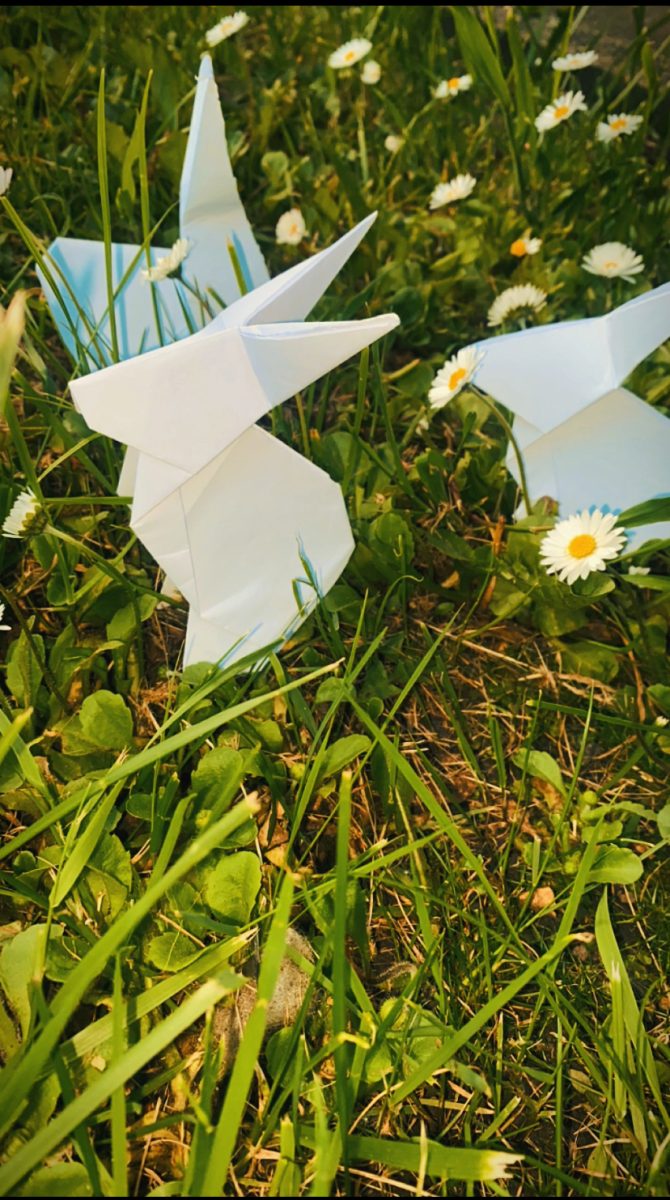
Ruksana Ahmed • Jun 5, 2024 at 10:56 am
The plight of Palestinian women in Gaza is horrifying. Thank you for telling their story.
Jacqui Shirley - Organiser • May 9, 2024 at 8:49 am
A really shocking read on an area that is often ignored by mainstream media on the human cost of war. Well done for sharing such an important story.